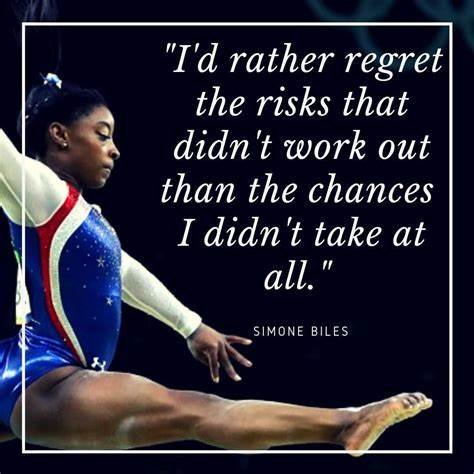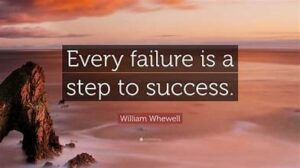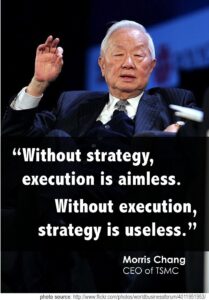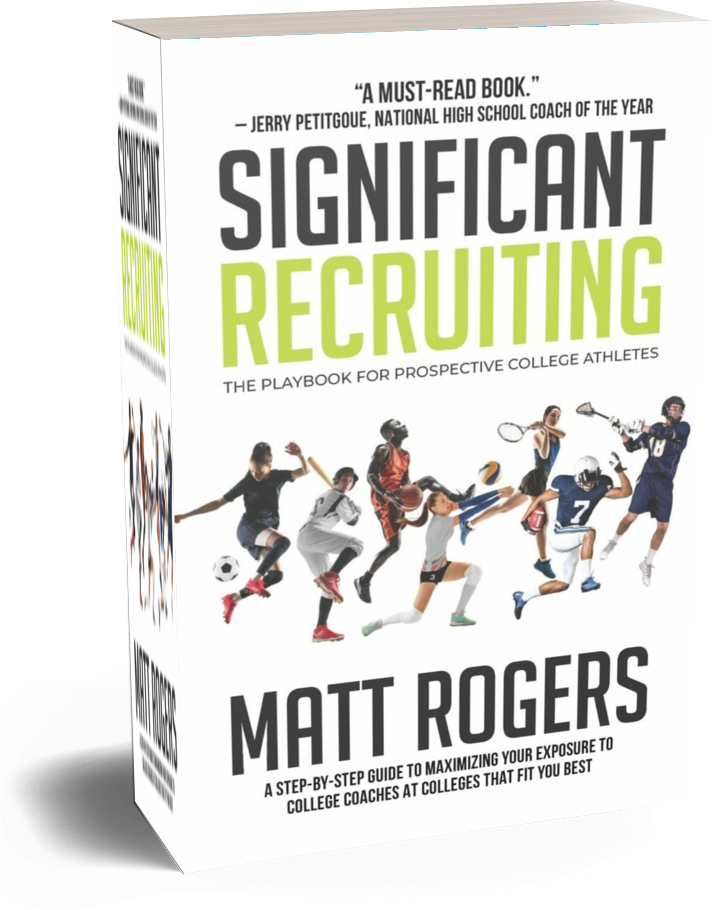“I don’t really think about the degree of difficulty or the possibility of making a mistake. I just try to relax and let my preparation and training take over.” -Simone Biles
Last month I wrote about the 5 questions to have prepared when talking to a college coach for the first time. Those questions are essential to understanding how serious a coach is about you and how serious you should be about them. As I have been working with some of my new underclassmen this week preparing them to make their first phone calls to the college coaches on their “attack list”, I was realizing I needed to be providing more structure on what exactly that preparation should look like when talking to a college coach for the first time.
The key to every relationship in life (in my opinion) always goes back to the golden rule, “treat others as you would want to be treated.”
With that said, you would hope that a college coach would never call you without seeing you compete live or on film first. You would hope they would have a good idea of what kind of student and athlete you are, where you live, where you go to school, etc. before they call. You should consider it a big red flag if a college coach ever calls you and says, “Hey, how are you? My staff told me you can really play, and I needed to give you a call.” It’s great if the head coach has great trust in their assistant’s evaluation of you, but for them not to have formulated their own opinion of your ability before calling, should be a concern you should not take lightly. Do they always make rash decisions? Do they value their staff’s opinion over their own? Was learning about you and your ability before the call not important to them? Is there a reason they didn’t take the same 5 minutes to watch your film that their assistant must have taken? What if they do watch your film after the call, and they don’t think you are as good as their assistant thought you were? What if no one of the staff has ever seen you play, and they just call kids randomly that pop up on their lists and databases?
Those things should disappoint you and concern you. Would you ever want a college coach to be disappointed or concerned about you because you did not do your prep work before calling them? You got it. That golden rule is a big deal!
What should you be doing before you call a coach?
1.. Get online and read their bio. Where are they from? Do they have a family? How long have they been coaching? Where have they coached in the past? How long have they been at their present school? What has their record been? How did the team do in the most recent season? [You don’t want to call and say “Congrats on a great season” when they finished 8-17 and at the bottom of the conference.]
2. What does their present roster look like? How many players will graduate by the time you would join the team? How big is their roster? Does it seem there is a need for the positions you play? [If you see they carry 24 volleyball players, don’t you want to ask why they have such a big roster when they can only play 6 players at a time and typically no more than 11 in a set?]
3. Do they have the degree paths you are considering? [Even if you are undecided, you want to be able to ask about the types of careers you are interested in and how that school can help you prepare to get a job when you graduate.]
4. This may not seem that important on the surface, but who are the President and Athletics Director? How long have they been at the school? What have they accomplished in their tenure at the school? Believe it or not, those 2 leadership positions can have a tremendous affect on the quality of the Athletics Department and the program you may be walking into.
5. Finally, make sure you write yourself a note to not let the coach hang up without accomplishing 2 big goals:
- Big Goal #1 is to ask (whether you’ve called them or they called you), “Coach, do you have a few minutes to answer a few questions?” Have your questions prepared [see April 10 & April 24 blogs], so you leave the call understanding their level of interest in you, how they see you fitting in their roster, and what their timeline is to make offers and complete your recruiting class.
- Big Goal #2 is to ask, “Coach, would you mind if I reach out to you throughout my recruitment if I ever have additional questions? What is the best way to contact you?”
Remember that most kids fail to leave every contact with a coach with the objective of continuing the conversation. You never want to leave a conversation without knowing what the next steps are and what your role is in preparing for those next steps.
- “What’s my next steps, Coach?”
- “What do you need from me moving forward?”
- “How can I help to increase your interest in me or evaluation of me?”
- “Would you be comfortable exchanging numbers?”
I cannot stress this enough. You are the CEO of your recruitment. You are recruiting and evaluating these coaches as much as they are recruiting and evaluating you. Be the boss of this journey by being prepared for every opportunity to learn more about a coach and their program, and you will never regret it!
Enjoying these blogs? Want to schedule a free 30-minute coaching assessment with Coach Rogers? You can do so here: https://www.significantcoaching.net/
Interested in Coach Rogers’ Book on College Recruiting? You can find it here: https://bit.ly/Matt-Rogers-Significant-Recruiting-Amazon






